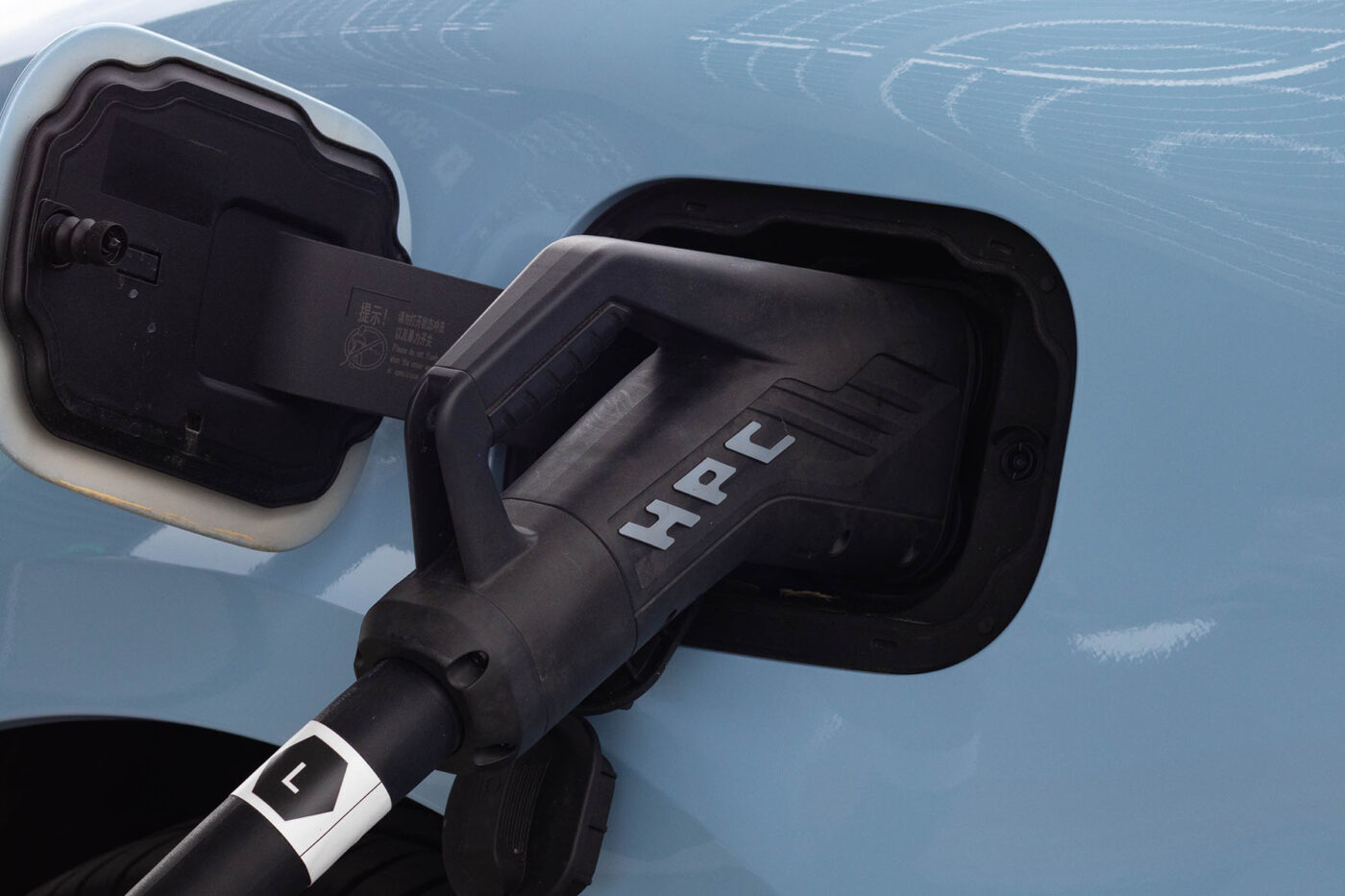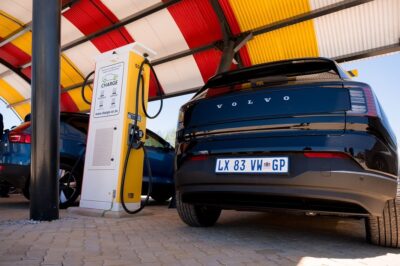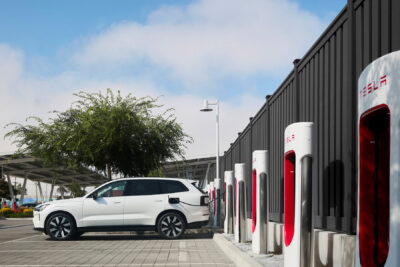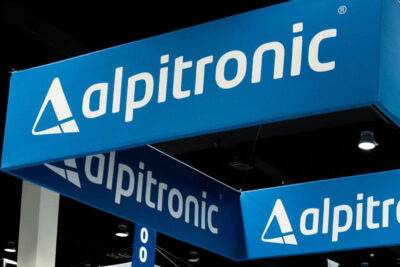UK to test kinetic energy storage system on motorways
Levistor, a homegrown renewable energy storage solutions provider, supports National Highways’ new initiative. The company has developed a flywheel-based energy storage system (FESS) that stores energy mechanically, unlike typical battery energy storage systems (BESS), which rely on chemical cells. It designed this system such that customers can deploy it in various configurations, either as single units or in multiples.
National Highways will find Levistor’s flywheel-based energy storage system valuable where grid capacity is insufficient for a fast charger to operate optimally. The system provides a short-term power boost when the grid is unable to meet the high current demands of a fast charger. It allows an EV driver to add 100 miles of range with just five minutes of charging. “This kind of innovative solution offers great potential to help improve the EV charging network and ultimately help accelerate the widespread adoption of electric vehicles supporting our journey to Net Zero Highways,” said Christopher Plumb, the energy team leader at National Highways.
A flywheel-based energy storage system converts electrical energy into rotational kinetic energy. The flywheel spins at high speed within a vacuum chamber. When it has to dispense energy, it slows down and converts its rotational kinetic energy back into electrical energy through a generator. It encounters minimal frictional losses and air resistance.
While a BESS poses the issue of battery degradation, which results in energy storage capacity loss and a short life of several years, a FESS has a much longer lifespan of two decades or even higher. Moreover, as it relies on mechanical technology rather than chemical processes, it offers more stability. It requires less maintenance, and this advantage of long-term durability makes it a more sensible choice for strengthening fast-charging infrastructure on motorways.
“National Highways’ readiness to trial our commercial product is a strong endorsement of our R&D work to date and highlights the grid constraint challenges that need to be overcome if the EV roll-out in the UK is to be truly nationwide,” said Matt Journee, the CEO of Levistor. “Installing our systems across the country will give drivers much-needed confidence, especially long distance,” Journee continued.





0 Comments